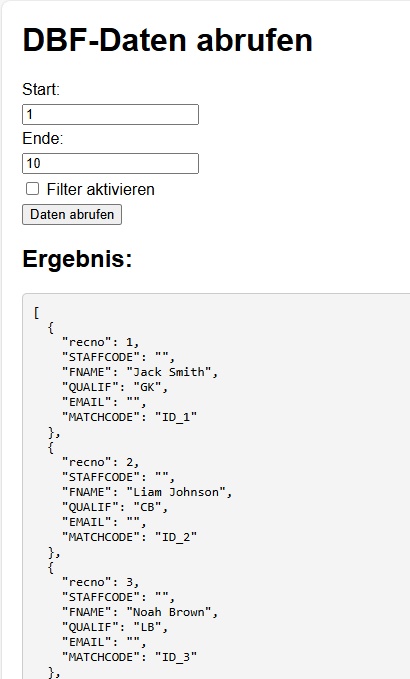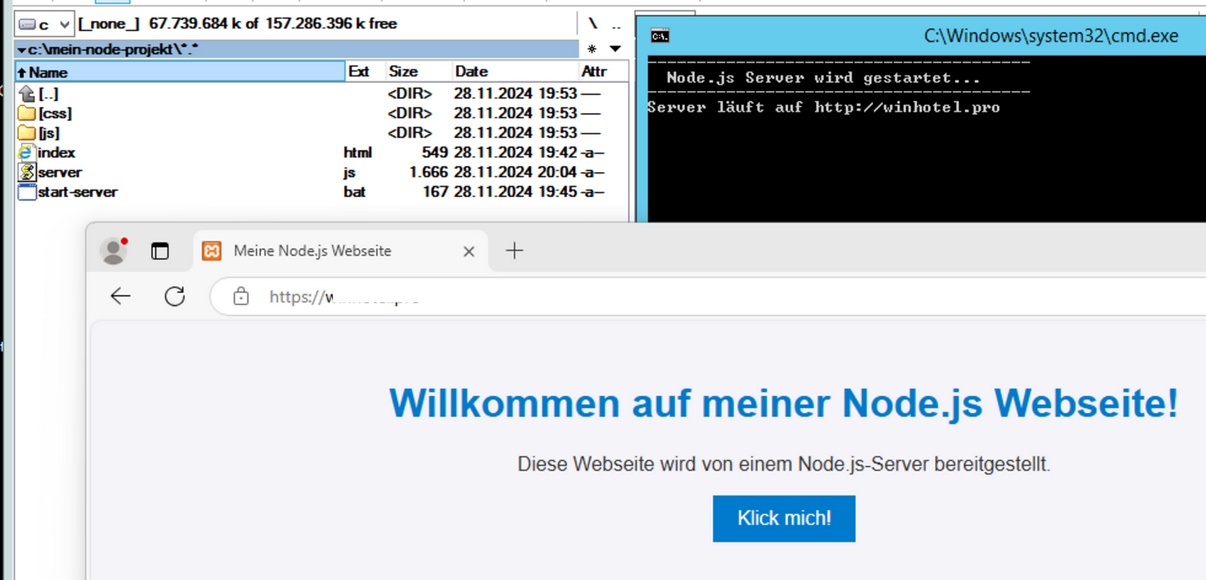Lately, there has been more talk about Node.js, and I’m wondering if Node.js could actually be a suitable server alternative.
What advantages and disadvantages do you see in comparing Apache/PHP, mod_harbour, and Node.js?
Since I’m still in the process of learning PHP better, it wouldn’t matter much if I also used JavaScript on the backend.
The php4dbf library can also be adapted without much effort.
I’m now undecided because I’ve read several times that investing in Node.js could be worthwhile if modern development practices are a priority.
Now I am a bit at a loss. It works surprisingly right away.
Switch now? It would mean a lot of work wasted again. But if you might have the wrong tool, the damage could be even greater.
What’s your opinion?
Best regards,
Otto

